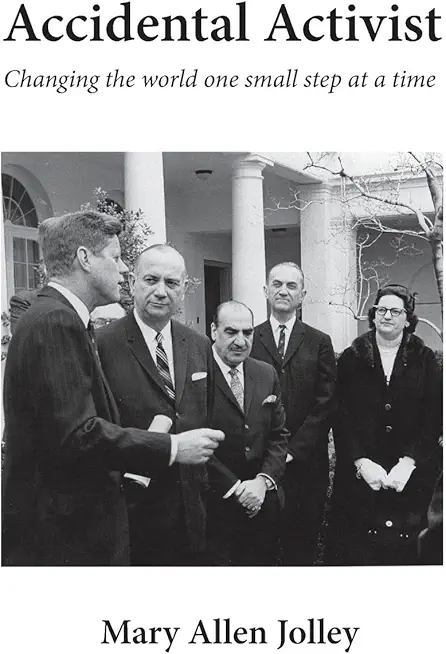
accepted an appointment by President Kennedy to staff the advisory panel on vocational education in the USA and help draft the Vocational Education Act of
1964. Both legislations opened higher education to people regardless of financial means, and helped bring women and minorities into the educational mainstream.
Working in governmental affairs for the American Vocational Association, she helped bring other organizations to jointly and effectively appeal to
Congress for increased funding for education. These acts impacted higher education as much as the post-war G. I. Bill did.
Leaving Washington, Jolley first served as vice president for development at Trident Community College in Charleston, South Carolina, where among other
successes, she established a program to increase the enrollment of women in technical programs leading to higher-paid careers. She was recruited home to
The University of Alabama, where she served as director of economic development, and helped devise strategies to recruit major industry (JVC, Mercedes)
to Alabama, at the same time working with communities throughout the state on local projects, and fostering the development of Family Resource Centers as
a concrete step toward ending intergenerational poverty. A person of boundless energy and absolute integrity, Mary Allen Jolley
continued to help people make better lives through almost 30 years of retirement. In all she did, Jolley was an advocate for social justice, and in her last
years she worked with others in Tuscaloosa toward an acknowledgment of its history, striving for racial reconciliation.
As beloved in her personal life as she was respected in her career, Mary's joyous engagement in living has influenced generations of her family, friends,
and co-workers to embrace her example and work to make the world a better place for everyone.
member goods
listens & views

GREAT LADIES OF JAZZ: SING ...
by GREAT LADIES OF JAZZ: SING THE BLUES / VARIOUS
COMPACT DISCout of stock
$8.99






